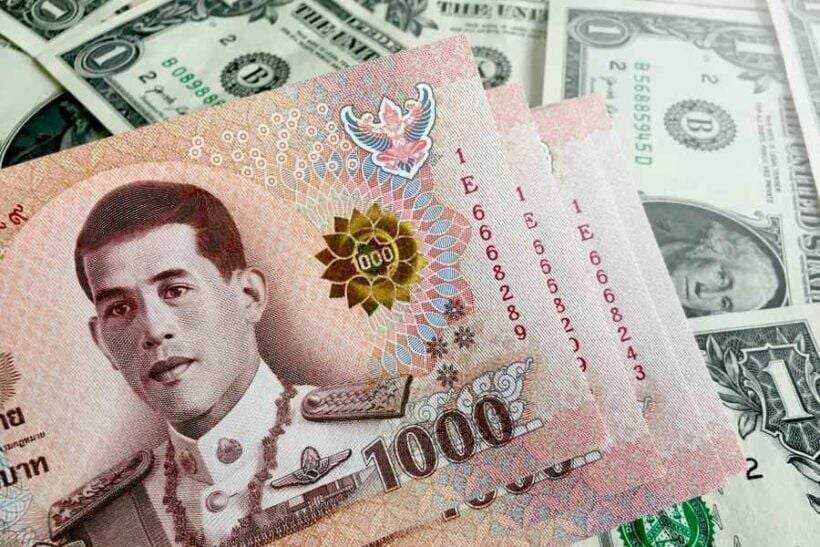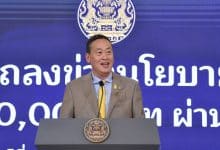Thailand’s minimum wage increase sparks controversy and calls for revision

The contentious decision to marginally increase the daily minimum wage in Thailand spurred the Ministry of Labour into seeking discussions with the tripartite committee, which approved the hike. Prime Minister Srettha Thavisin critiqued the decision as insignificant, stating that the 2 to 16 baht rise approved last Friday was insufficient.
The tripartite committee, also referred to as the wage board, comprises representatives from the ministry, employers, and employees. They have defended their decision, asserting its finality and the Thai prime Minister’s lack of legal authority to interfere.
Pairoj Chotikasathien, the permanent secretary for labour, suggested that the committee should consider whether the new wage rates could still be revised following the 61 year old prime minister’s comments. He noted that the decision was informed by the wage rates proposed by the wage sub-committee in each province.
These rates were then screened by a central committee before being proposed to the tripartite committee.
Atthayuth Leeyavanich, a member of the wage committee representing employers, addressed the Prime Minister’s criticism of the 2-baht increase in the provinces of Yala, Narathiwat, and Pattani. He highlighted that the provincial wage sub-committees in Yala and Narathiwat had proposed the 2-baht increase, while Pattani’s sub-committee had not requested a rise.
The main wage board decided to apply the minimum wage increase to Pattani as well, citing the similar economic situations of the three provinces. Atthayuth stressed that the board’s resolution must only be forwarded to the Cabinet to inform them of the decision, not to seek further approval. However, if the Prime Minister insists on a meeting with the wage board, Atthayuth stated his readiness to explain the decision-making criteria.
PM interference
Suchart Chuenchoochit, Vice President of the Federation of Thai Industries (FTI), further emphasised that while PM Srettha is entitled to his opinion, he has no legal authority to suspend the wage committee’s resolution.
In case a revision of the decision is required, the process would have to start anew, with the provincial wage sub-committee proposing new wage rates. This would take an additional two to three months to complete.
Veerasuk Kaewboonpan, a tripartite committee member representing employers, admitted that while he agrees that the wage rates should be higher, the government’s desire for a 400 baht increase is currently unfeasible.
He pointed out that the Labour Protection Act grants the tripartite wage committee the authority to independently decide wage rates. He therefore encouraged both the committee and the government to find a middle ground concerning the new wage hikes.
Kaewboonpan warned that if the cabinet rejects the committee’s resolution, it could lead to further problems. He also pointed out that only about 500,000 unskilled Thai workers would likely benefit from the new minimum wage rises, as the other five million-plus workers paid the minimum wage are migrant workers.
Additionally, he warned of the potential for increased living costs for all Thais due to rising consumer product prices following wage hikes.
Latest Thailand News
Follow The Thaiger on Google News:


























